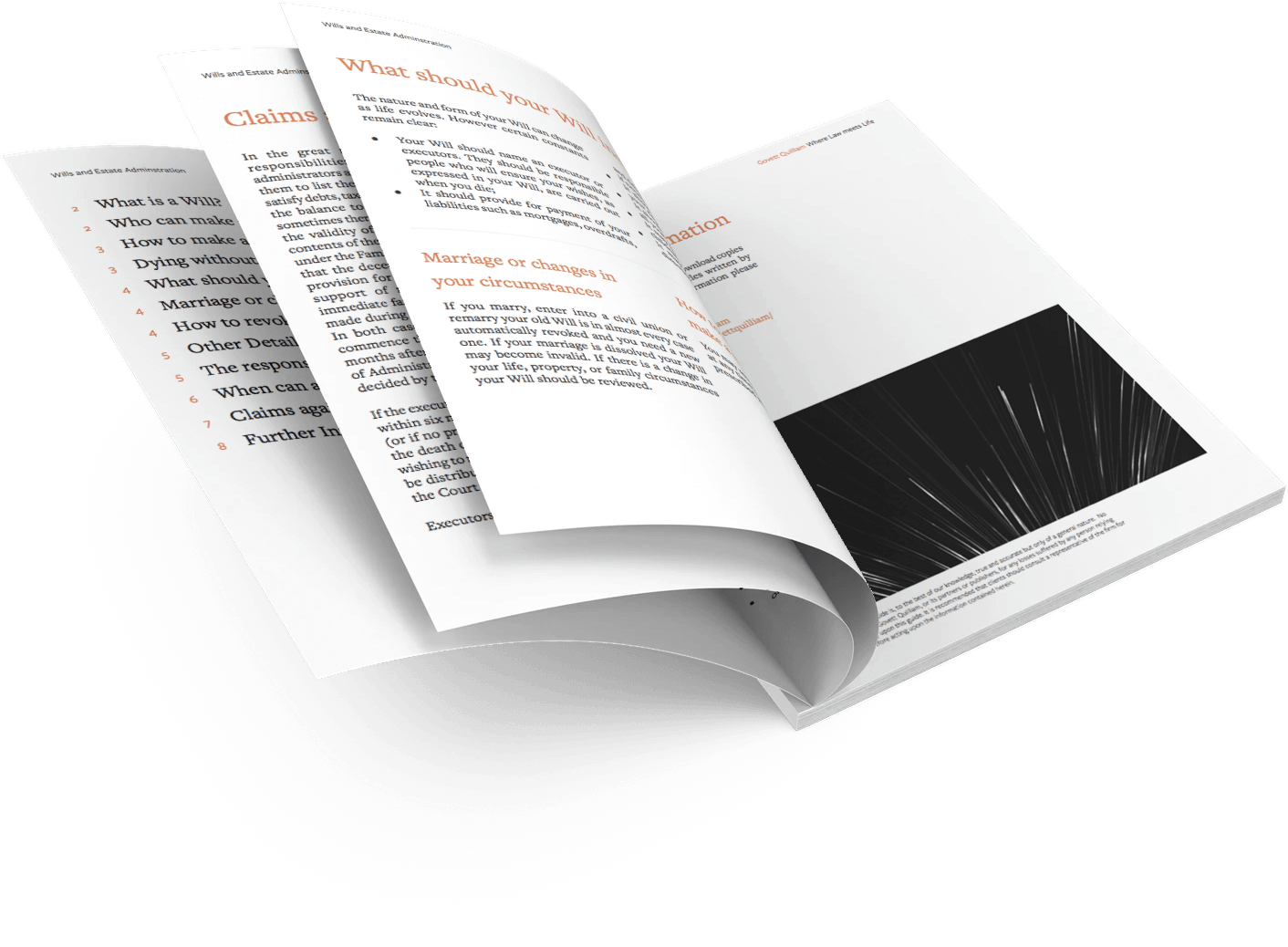Related Posts

High Court Decision Strengthens Caselaw Upholding Tikanga As Unique Source Of Law

What Are My Responsibilities As A Trustee Of A Māori Land Trust?

Tax Treatment Of Māori Authorities

Law changes for rates and Māori land

Peter Ellis appeal: treatment of tikanga Māori within our legal system

Research has shown that only 80% of New Zealanders have heard of Enduring Powers of Attorney (EPAs) and only 15% of those who knew about EPAs actually have one.
EPAs are of great importance. They are legal documents by which you, as ‘donor’, appoint a person or several persons, called ‘Attorney(s)’, who can take care of your personal or financial matters if you are unable.
There are two types of EPAs, one is in respect of property and the other is in respect of personal care and welfare. The person using the EPA (“your Attorney”) on your behalf will need to sign a Certificate to the effect that your authority has not been revoked at the time the document is used.
The below takes you though some simple questions and steps when considering having a EPA, appointing an Attorney and how long they last.
Why should I have an Enduring Power of Attorney?
Both types of EPAs ensure that you and your assets will be looked after if you are unable to make decisions for yourself.
In the absence of an EPA someone would need to apply to the Family Court for an order before they are able to manage your affairs. Our experience is that this process can be time consuming and expensive and the person appointed may not necessarily be your first preference.
Any individual can be appointed as an Attorney so long as the person is over the age of twenty years, is not bankrupt, and is not subject to a personal or property order. An Attorney does not need to be a lawyer or a trustee corporation.
How do I appoint an attorney?
Once you have chosen who you would like to be your Attorney, you must complete certain prescribed forms as found under the relevant legislation. These are strict legal requirements relating to signing and witnessing, including having your signature witnessed by either a solicitor, registered legal executive or officer of a trustee company and having your Attorney’s signature witnessed by an independent person (i.e. not you).
The witness to your signature is required to complete a certificate confirming that they are independent of your attorney and that they have explained the EPA to you. Your Lawyer will hold your original EPA document in safe keeping. However, it is advisable that you keep a copy for yourself and also copies for your Attorney.
How long does an Enduring Power of Attorney last?
An Enduring Power of Attorney ceases to have effect when:
- The Donor, while still mentally capable, revokes the power by notice in writing to the Attorney
- The Attorney gives notice in writing to either the Donor (if still mentally capable) or if not, to the Court that he/she no longer wishes to act as Attorney
- The Donor dies
- The Attorney (or a joint Attorney) dies, becomes bankrupt, becomes mentally incapable or otherwise incapable of acting as an Attorney
- The Court revokes the power because the Attorney is not acting in the Donor’s best interests, or the Attorney exerted undue influence or fraud to obtain the Enduring Power of Attorney, or is otherwise unsuitable to be the Donor’s attorney
- The Donor, while still mentally capable, suspends the Enduring Power of Attorney for the term of the suspension the Enduring Power of Attorney ceases to have effect
For more detailed information download our free ‘Enduring Powers of Attorney’ e-booklet or contact our Personal Planning (Wills, Estates and Trusts) team via 06 768 3795.


.png)

